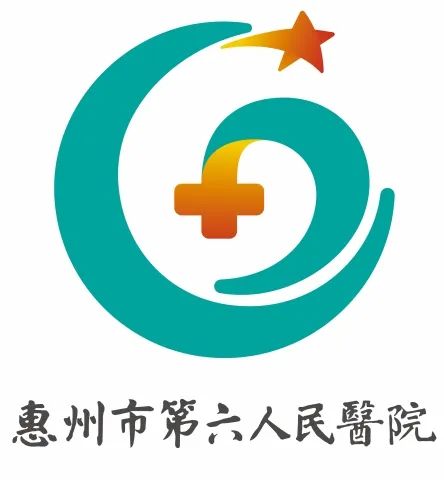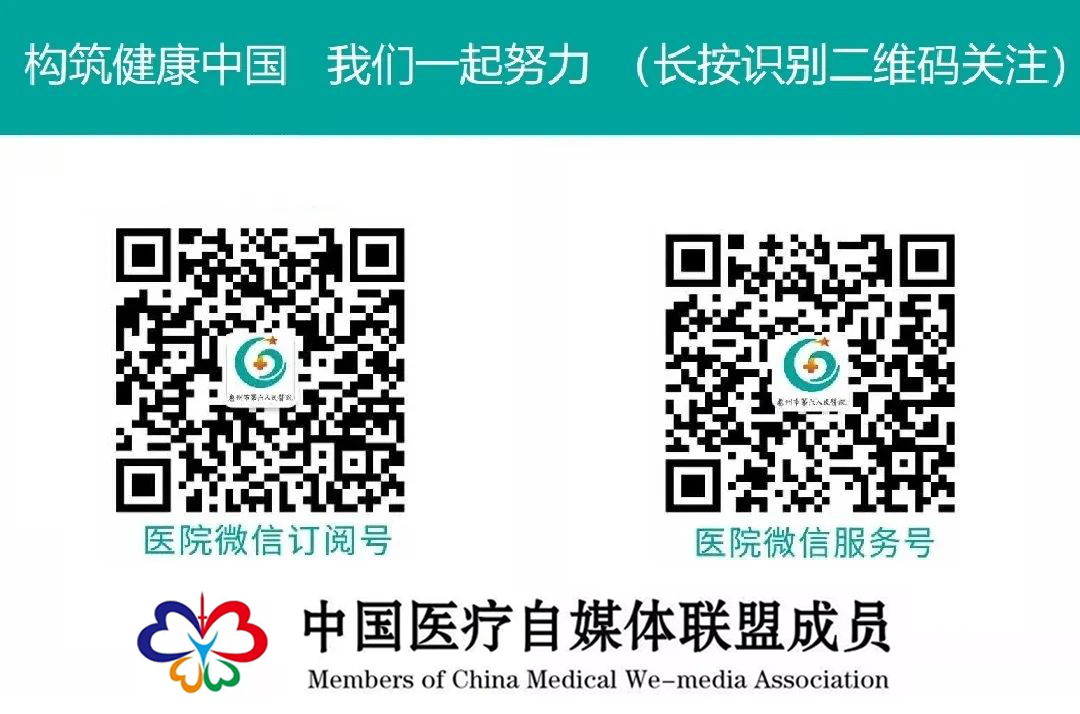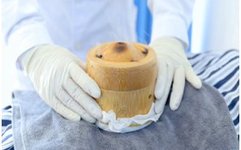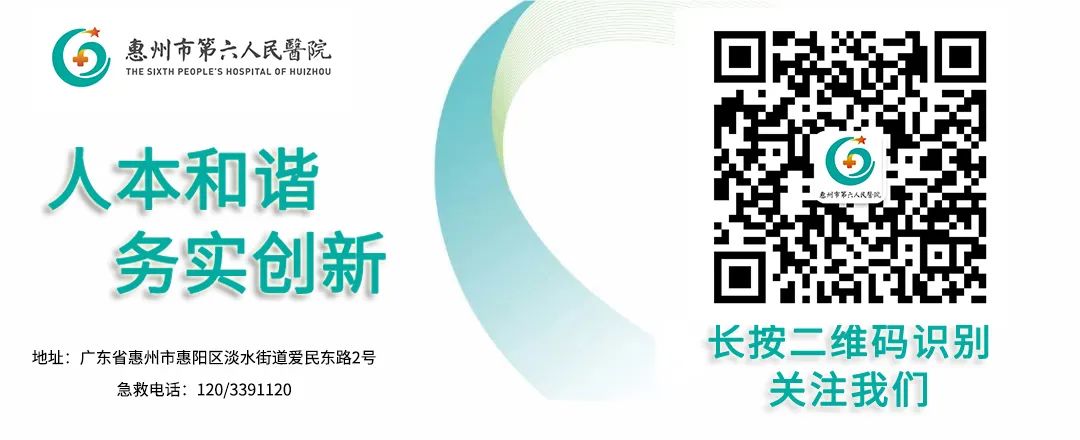
Three伏养生
As people age, they commonly experience various ailments, which are closely related to insufficient Qi and the decline of Yang Qi. Those elderly individuals with abundant Qi and Yang Qi tend to be healthier and more robust.
Why is this the case? First, we need to understand the functions of Qi.
In Traditional Chinese Medicine (TCM), Qi has the following functions:
1. Promoting Function
If the stimulating and promoting functions of Qi are weakened, it can affect the growth and development of the body, leading to developmental issues in children or premature aging in adults. It can also result in diminished physiological functions of organs and meridians, or cause blood circulation disorders and metabolic issues of body fluids.
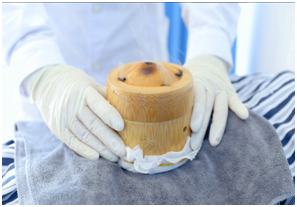
2. Warming Function
The warming function of Qi primarily refers to the role of Yang Qi in warming the body. The “Nanjing – Twenty-Two Difficulties” states: “Qi is responsible for warming.” Qi is Yang, and Yang Qi is the source of heat in the body.
If Yang Qi is insufficient and heat production is low, it can lead to low body temperature, weakened physiological activities of organs, and sluggish circulation of essence, blood, and body fluids, resulting in cold-type pathological changes.
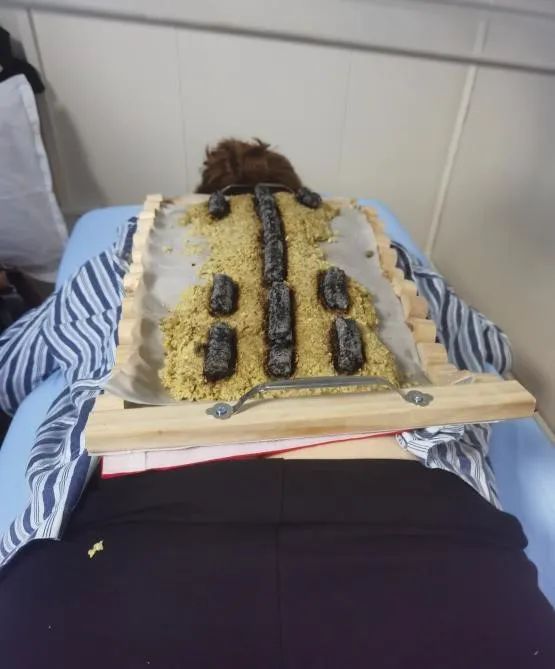
3. Defensive Function
The defensive function of Qi refers to its role in protecting the skin, resisting pathogenic factors, and maintaining health. The “Huangdi Neijing” states, “When the righteous Qi is preserved within, evil cannot invade” and “Wherever evil gathers, Qi must be deficient.” Qi is the fundamental substance that sustains life activities; when Qi is abundant, the functions of the organs and meridians are vigorous, and the body is full of vitality and strong resistance to diseases.
When the defensive function of Qi is normal, it is difficult for pathogenic factors to invade; even if they do, it is less likely to cause illness; and if illness occurs, it is easier to treat. Conversely, when the defensive function of Qi is weakened, the body’s resistance decreases, making it easier for external pathogens to invade and cause illness or making it difficult to recover from illness. Thus, the defensive function of Qi is closely related to the occurrence, development, and outcome of diseases.

4. Containing Function
The containing function refers to Qi’s ability to control and prevent the loss of liquid substances such as essence, blood, and body fluids within the body. The “Suwen – Theory of Vital Energy” states: “In all matters of Yin and Yang, Yang must be dense to be solid.” Qi is Yang, while essence, blood, and body fluids are Yin. Yang Qi has the role of containing Yin essence.
If the containing function of Qi is weakened, it can lead to significant loss of liquid substances within the body. For example, if Qi does not contain blood, it can lead to various types of bleeding; if Qi does not contain body fluids, it can lead to spontaneous sweating, frequent urination, incontinence, drooling, vomiting clear fluids, diarrhea, etc.; if Qi does not contain essence, it can lead to nocturnal emissions, premature ejaculation, and other issues.
The containing function of Qi and the promoting function are two opposing yet complementary aspects. On one hand, Qi promotes the circulation of blood and the distribution and excretion of body fluids; on the other hand, Qi also contains the liquid substances within the body, preventing their unnecessary loss. The coordination of the promoting and containing functions of Qi is essential for maintaining normal blood circulation and the secretion and excretion of various liquid substances in the body.
Having understood the functions of Qi, we can begin to supplement Qi. How do we do this? We need to know where Qi comes from.
1. The Kidneys are the Root of Qi Generation The kidneys store essence, which includes both congenital and acquired essence. Kidney essence is the material basis for the transformation of Yuan Qi. “Essence transforms into Qi, and Yuan Qi is derived from essence” (“Leijing”). Yuan Qi is the fundamental Qi of the body; therefore, the physiological function of the kidneys in storing essence is crucial for Qi generation. When the kidneys can store essence without unnecessary loss, kidney essence is sufficient, and Yuan Qi is abundant, ensuring a continuous source of Qi for the body. Conversely, if kidney essence is insufficient, Yuan Qi is not abundant, leading to a decline in the generation of Qi in the body.
2. The Stomach is the Source of Qi Generation The spleen governs transportation and transformation, while the stomach is responsible for receiving and digesting. Together, they transform the nutrients from food and drink into the essence of Qi. The rising Qi of the spleen transports the essence of food to the heart and lungs, distributing it throughout the body’s organs and meridians, becoming the primary source of Qi for the body. Thus, the “Lingshu – Nutritional Essence” states: “People receive Qi from grains.” The “Lingshu – Five Tastes” also states: “If grains are not consumed, Qi will decline in half a day and will be significantly reduced in one day.” If the functions of the spleen and stomach in receiving, digesting, and transporting are abnormal, the source of Qi from food will be insufficient.
3. The Lungs are the Master of Qi Generation The lungs play an important role in the generation of Qi: on one hand, the lungs govern the inhalation of Qi, continuously drawing in pure air from the environment while exhaling turbid air, ensuring the generation and metabolism of Qi within the body; on the other hand, the lungs combine the inhaled pure Qi with the essence of food transformed by the spleen to generate Zong Qi, which circulates through the respiratory pathways to facilitate breathing, flows through the heart meridian to circulate Qi and blood, descends to the lower dantian to nourish Yuan Qi, and connects the internal and external, circulating throughout the body, maintaining the physiological functions of various organs and promoting the generation of Qi throughout the body. If the lung’s function of governing Qi is abnormal and the intake of pure Qi is reduced, it leads to insufficient generation of Zong Qi, resulting in a decline in the overall Qi of the body.
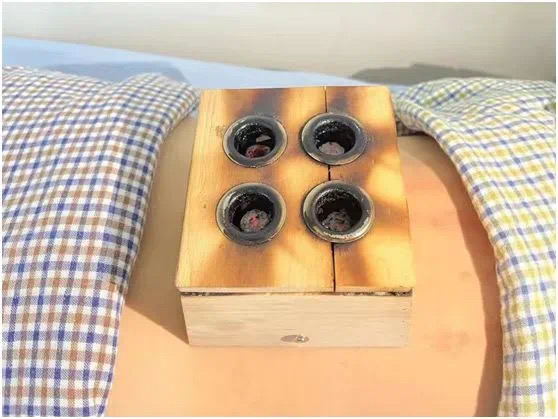
Therefore, we need to tonify the kidneys, tonify the spleen and stomach, and tonify the lungs. Currently, we are in the midst of the three伏天, which is the best time of the year to supplement Yang Qi.
Methods for Qi supplementation in TCM include herbal decoctions, acupuncture, and moxibustion, among others. During the three伏天, moxibustion is particularly effective for conditioning. The three伏贴 is an excellent choice (convenient, simple, and effective).
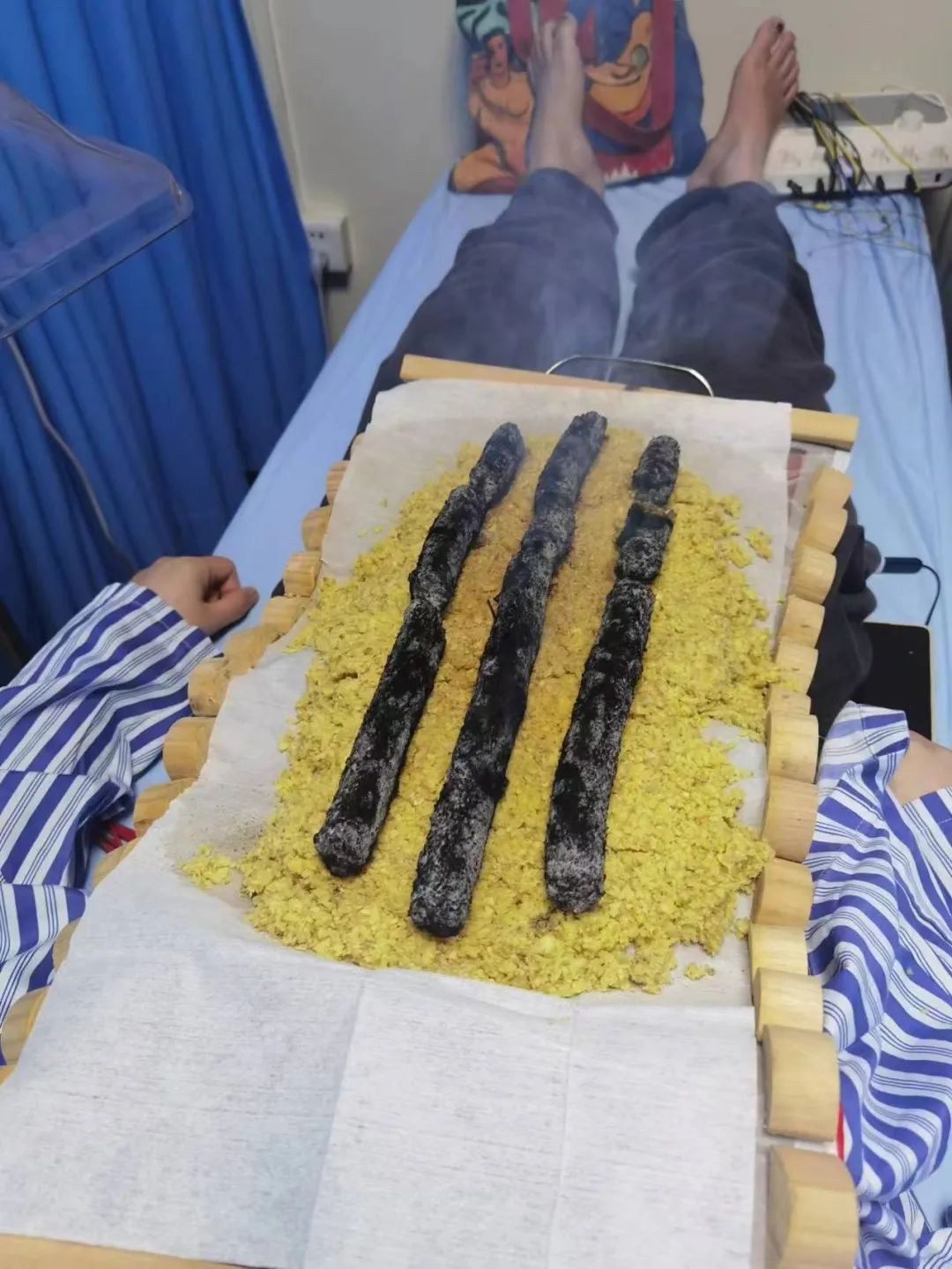
The TCM method during the three伏天 is based on climatic and regional characteristics, combined with TCM theory, to develop unique medicinal formulas tailored to each individual’s constitution, selecting different methods based on syndrome differentiation for targeted treatment, leveraging TCM’s strengths in chronic disease management and preventive care.
Therefore, for more treatment options, it is advisable to consult a TCM physician to choose the most suitable treatment plan.
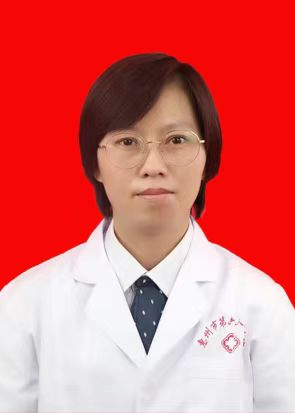 Luo Lihong, Master’s degree, Associate Chief TCM Physician, principal investigator of one municipal project, participated in multiple provincial and municipal project initiatives, published several papers in national and provincial journals. Proficient in acupuncture techniques including filiform needle acupuncture, electroacupuncture, fire needling, floating needling, acupoint embedding, acupoint injection, guasha, cupping, and pediatric tui na. Specializes in the combined treatment of various pain conditions in the head, neck, waist, legs, and limbs, post-stroke limb movement disorders, facial nerve paralysis, trigeminal neuralgia, gynecological diseases such as chronic pelvic inflammatory disease, dysmenorrhea, and menstrual irregularities, as well as gastrointestinal issues like diarrhea, constipation, and digestive disorders. Has rich clinical experience in pediatric lung and spleen diseases.
Luo Lihong, Master’s degree, Associate Chief TCM Physician, principal investigator of one municipal project, participated in multiple provincial and municipal project initiatives, published several papers in national and provincial journals. Proficient in acupuncture techniques including filiform needle acupuncture, electroacupuncture, fire needling, floating needling, acupoint embedding, acupoint injection, guasha, cupping, and pediatric tui na. Specializes in the combined treatment of various pain conditions in the head, neck, waist, legs, and limbs, post-stroke limb movement disorders, facial nerve paralysis, trigeminal neuralgia, gynecological diseases such as chronic pelvic inflammatory disease, dysmenorrhea, and menstrual irregularities, as well as gastrointestinal issues like diarrhea, constipation, and digestive disorders. Has rich clinical experience in pediatric lung and spleen diseases.
Address: TCM Outpatient Department, 3rd Floor, Outpatient Building 2
Monday to Sunday 8:00-12:00
14:30-17:30
Consultation Phone: 0752-6518220
 END
END Submitted by | TCM Department Liu Daoer Edited by | TCM Department Chen MinduCopyright Statement: If there are any copyright issues, please contact the author with proof of ownership to delete.
Submitted by | TCM Department Liu Daoer Edited by | TCM Department Chen MinduCopyright Statement: If there are any copyright issues, please contact the author with proof of ownership to delete.
